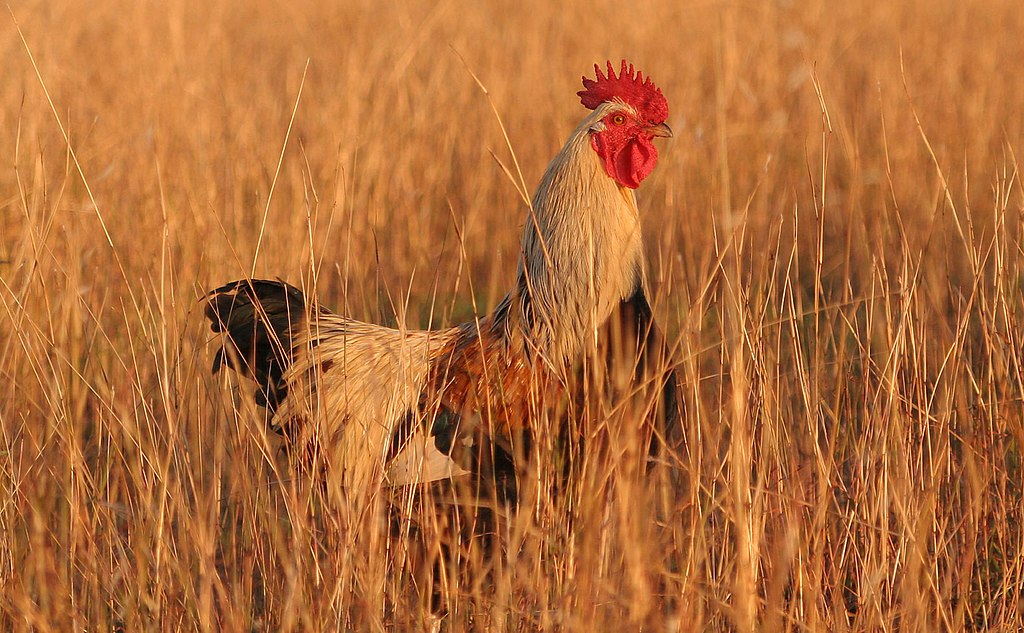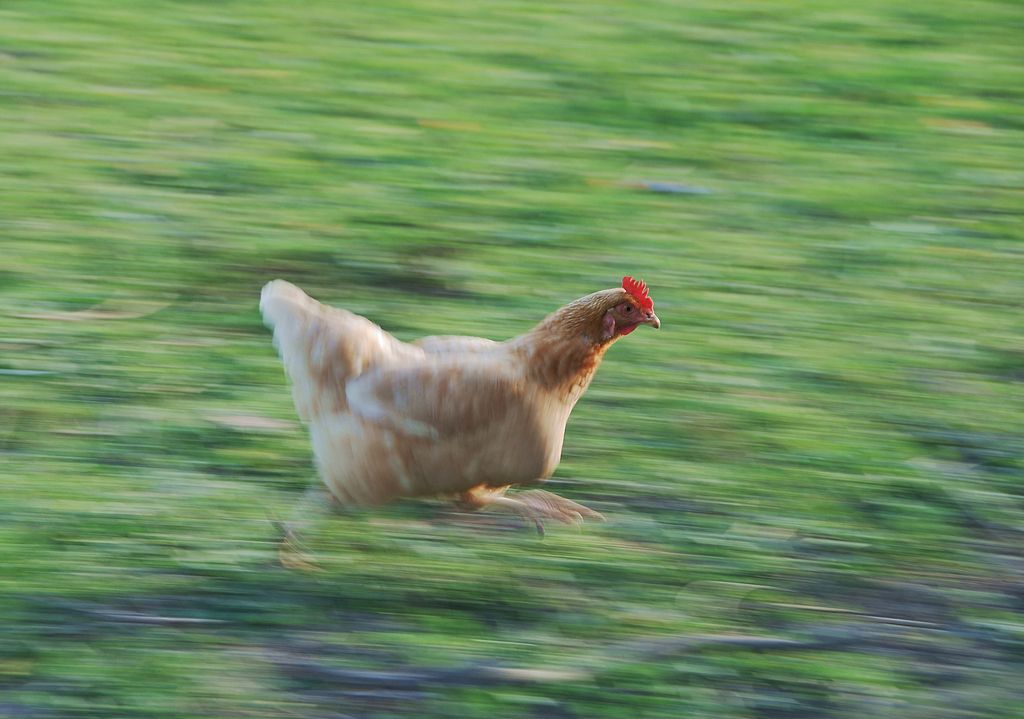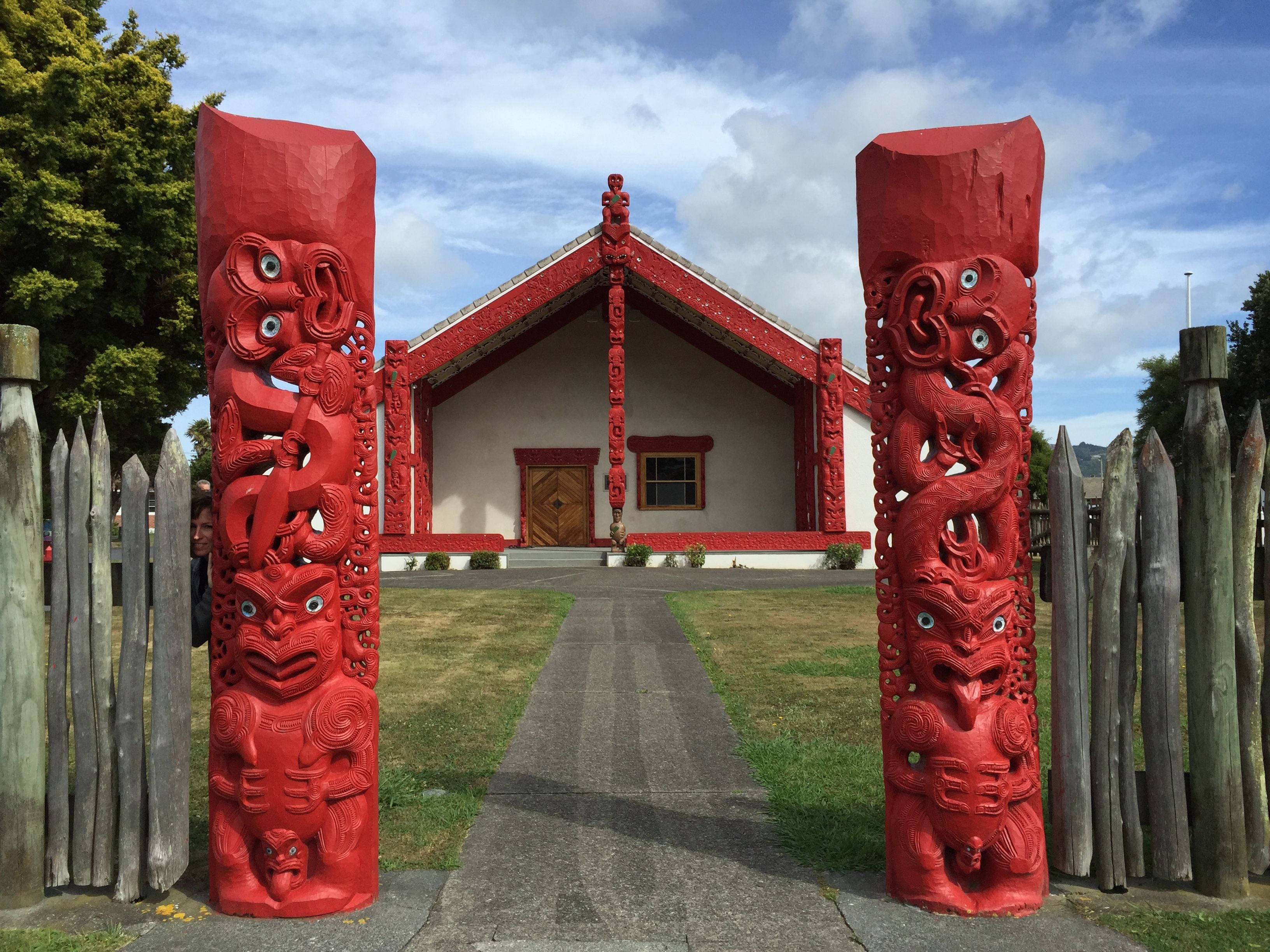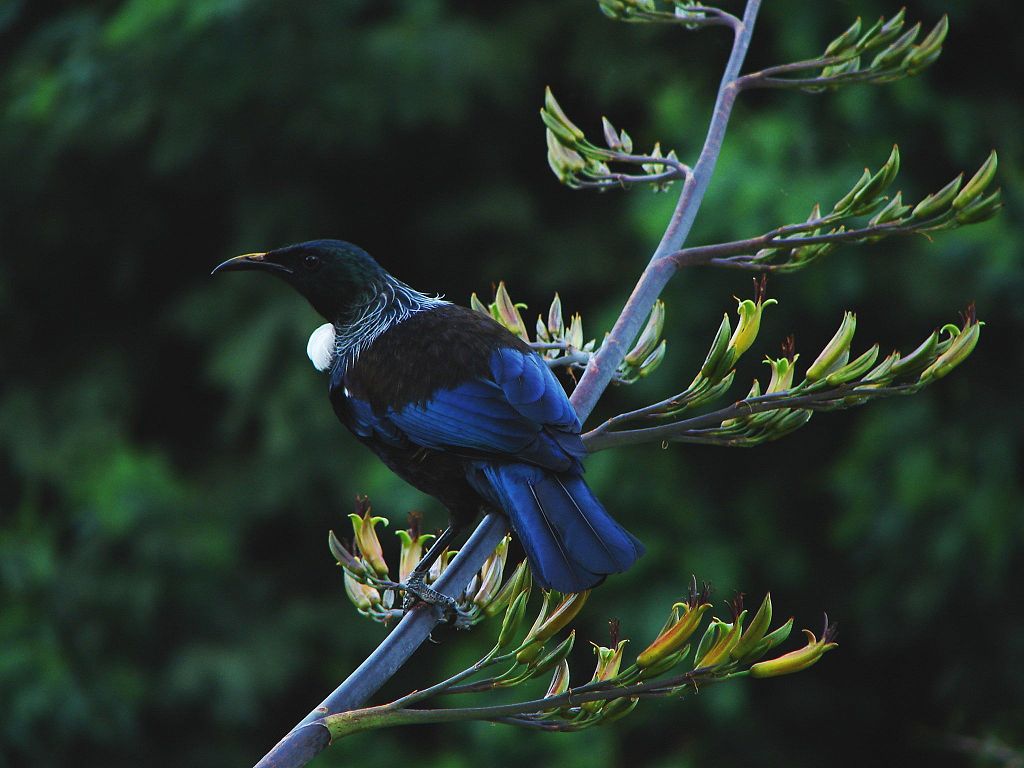He Kuputaka | Glossary
Special | A | B | C | D | E | F | G | H | I | J | K | L | M | N | O | P | Q | R | S | T | U | V | W | X | Y | Z | ALL
T |
|---|
tae (noun) hue, dye, colour, stain, pigment - not normally used before the names of colours | |
tahione, single, 1 | |
Taiepawall, fence, paddock, field, enclosure - any fenced off area | |
Takawarewareforgetfulness | |
Takina To recite | |
Tākohangarespectful | |
TameheiheiRooster Alternative kupu: Tamekōkō
| |
tana(determiner) his, her - when talking of one thing. A possessive determiner which must be followed by a noun, unlike tāna and tōna. This is the neutral or informal form and is not governed by the a and o categories. | |
TangataOne person, human | |
Tāngata People People | |
Tangata whenua(noun) local people, hosts, indigenous people - people born of the whenua, i.e. of the placenta and of the land where the people's ancestors have lived and where their placenta are buried.
| |
tangohia(verb) (-hia) to take up, take hold of, take off, take possession of, acquire. | |
Tā Pikitia(verb) - to draw
| |
Tara iti(noun) floor space on the left on entering a meeting house. | |
Tara nui(noun) floor space on the right on entering a wharenui and the place where manuhiri sleep | |
Tau kēAwesome! | |
Taumarumaruovercast | |
Taunakitangaevidence | |
Taurakidrought | |
Tāwhaiwhai(verb) - to trace
| |
te1. (determiner) the (singular) - used when referring to a particular individual or thing. | |
tekau1. (numeral) Ten, 10
| |
Te mutunga kē mai o te paiThat is so good it is unbelievable! | |
tēnā(determiner) that (near or connected with the listener) - may be followed by a noun or stand alone | |
tēnei(determiner) this (near or connected to the speaker) - may be followed by a noun or stand alone | |
Tēpu Table | |
tērā(determiner) that (away from or unconnected with both the speaker and listener) - may be followed by a noun or stand alone | |
Tērā peamaybe | |
tētehione, a, an, a certain | |
tikanga1. (Noun) Correct procedure, custom, habit, lore, method, manner, rule, way, code, meaning, plan, practice, convention, protocol - the customary system of values and practices that have developed over time and are deeply embedded in the social context. | |
TīkaokaoChicken Alternative word: Heihei
| |
tirohia(verb) tiro (-hia) to look at, inspect, examine, observe, survey, view. | |
TitiroLook | |
tō(determiner) your (one person) - when talking of one thing. A possessive determiner which must be followed by a noun, unlike tāu and tōu. This is the neutral or informal form and is not governed by the a and o categories. | |
tohutia(verb) to sign, to sign a signature | |
tō kaha hokiYou're good at this, you're doing great! | |
Tōmairangidew | |
Tomokanga(noun) entrance, opening, entry foyer, gateway, entry, portal.
| |
Tongasouth | |
toruthree, 3 | |
Tuanuinoun) roof (of a house). | |
tuhia(verb) to write | |
Tūī(noun) tūī, parson bird, Prosthemadera novaeseelandiae - a songbird that imitates other birds' calls and has glossy-black plumage and two white tufts at the throat.
| |
Tumuaki1. (noun) head, leader, president, principal, head (of an institution), chancellor, chief executive. | |
Tūpononoticed | |
Tūpuhigale | |
Tūru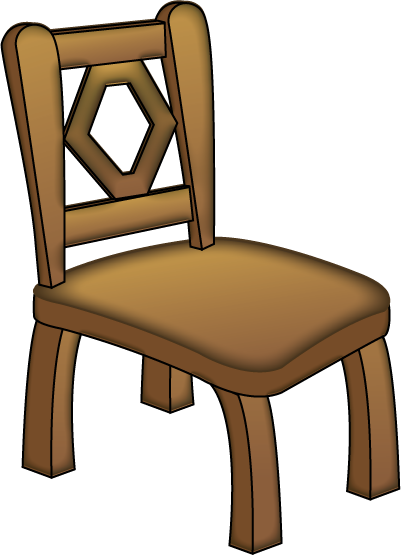 Chair, seat | |
